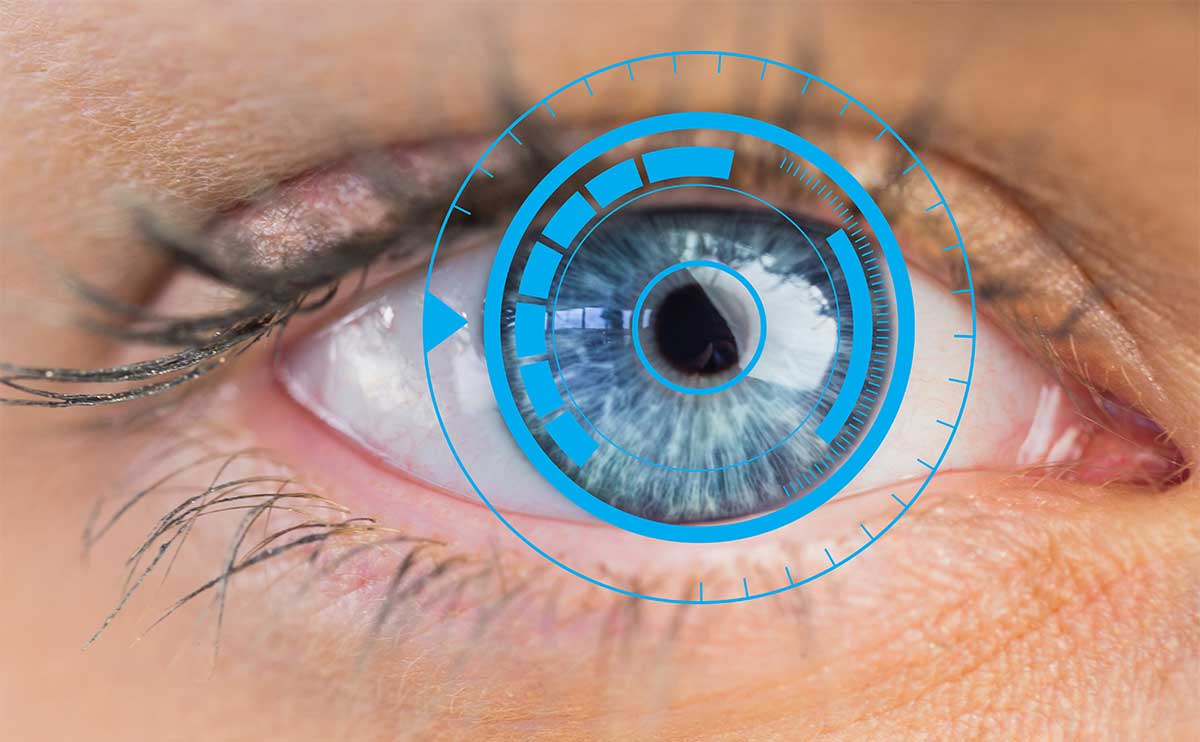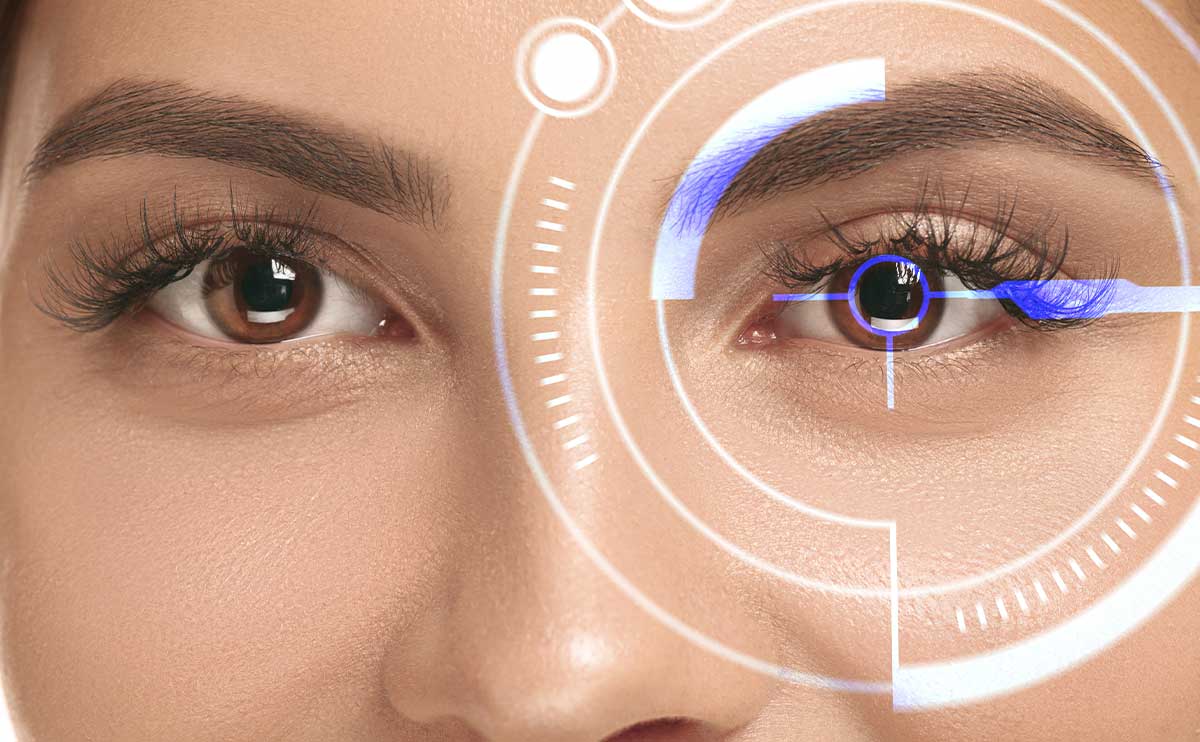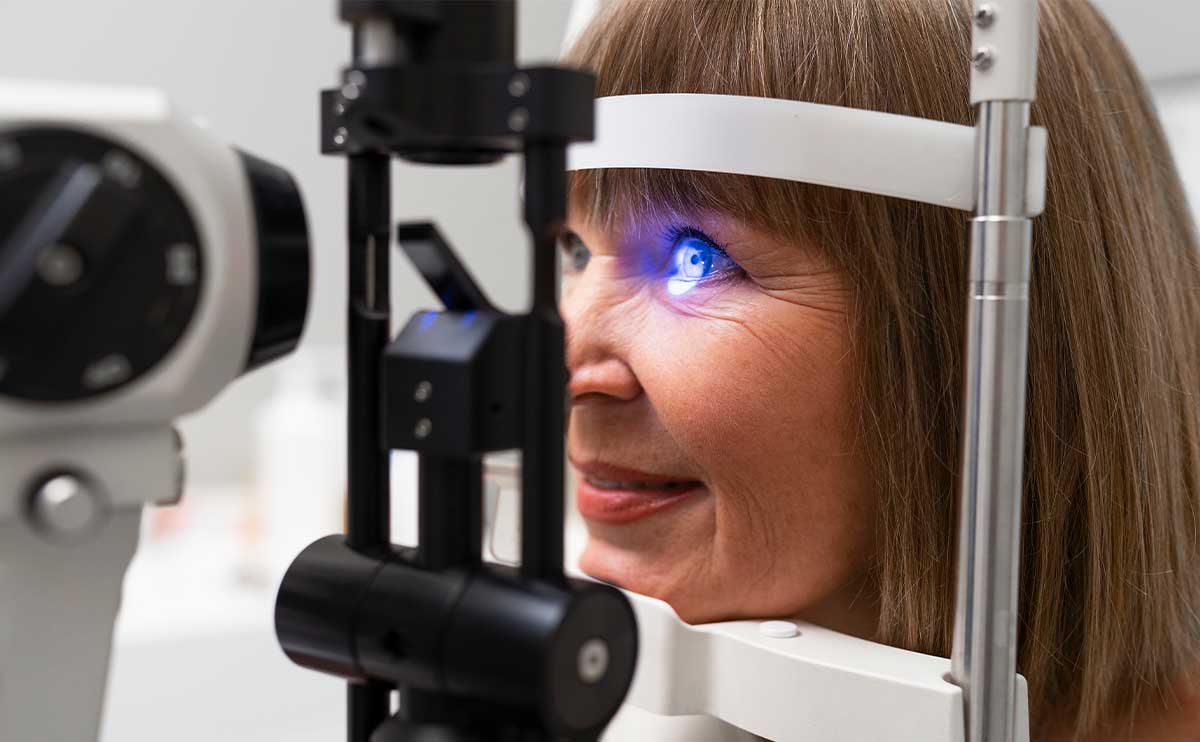There are different types of laser eye surgery, and each has different advantages, disadvantages and applicability. In this article, we will examine the most commonly used laser eye surgery methods and discuss the details to help you determine which method is best for you.
LASIK: Laser Assisted In Situ Keratomileusis Method
LASIK is one of the most commonly used types of eye laser surgery worldwide. In this method, the upper layer of the cornea is removed by creating a flap and a laser is applied to the tissue underneath.
LASIK is highly effective for treating many eye problems such as myopia, hyperopia and astigmatism. This offers rapid recovery times after the procedure and patients can usually return to normal activities within a few days.
PRK Photorefractive Keratectomy Method
PRK is a type of laser eye surgery in which the top layer of the cornea is removed and the tissue underneath is shaped with a laser. PRK has a longer recovery time compared to LASIK, but may be suitable for patients with thin corneas or other conditions.
LASEK: Laser Epithelial Keratomileusis Management
LASEK: Represents a combination of LASIK and PRK. The upper layer of the cornea is loosened by creating a flap, shaped with a laser, and then closed back. This method may be suitable for cases where corneal thickness does not meet requirements.
SMILE: Small Thinning Laser Self-Reversal Method SMILE is a type of laser eye surgery in which a flap is shaped inside the eye with a laser without cutting it. It can be an effective option for myopia and the healing process is fast.
Monovision Laser Surgery Management
Monovision laser surgery is a procedure that corrects the distance vision of one eye and the near vision of the other. This is used to treat the problem of age-related loss of near vision (presbyopia).
Which Laser Method is Most Suitable for You?
It is important to consult an ophthalmologist to determine which laser method is best for you. The type and severity of your eye problem, corneal thickness and personal preferences may affect this choice. Your doctor will evaluate you and recommend the best option.
Eye laser surgeries have the potential to provide clearer vision and reduce the use of glasses or contact lenses. However, each person’s needs are different and it is important to consult an expert to achieve the best results. Remember that laser eye surgery may involve risks, and understanding these risks is important in the decision-making process.







